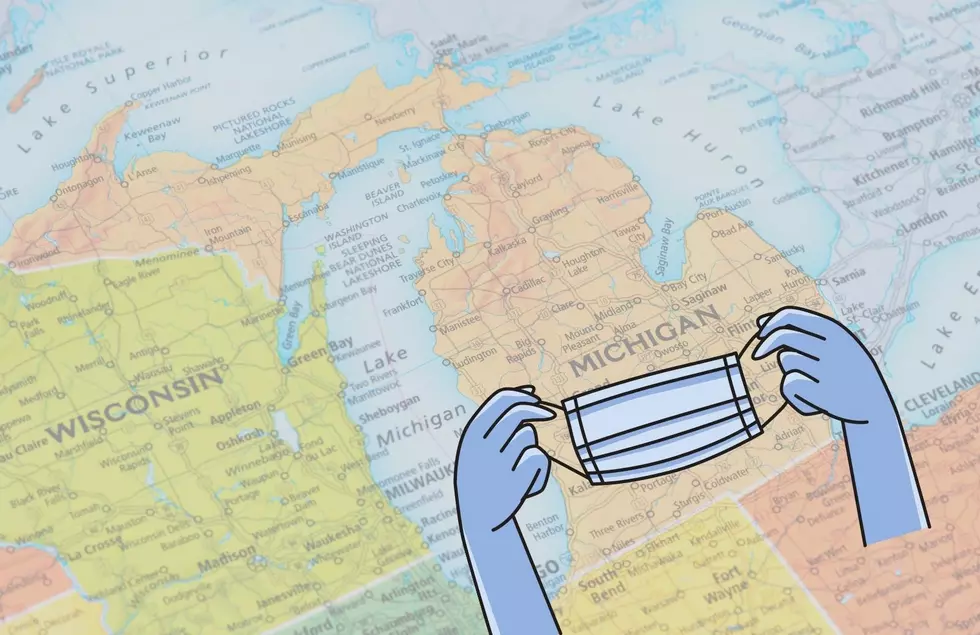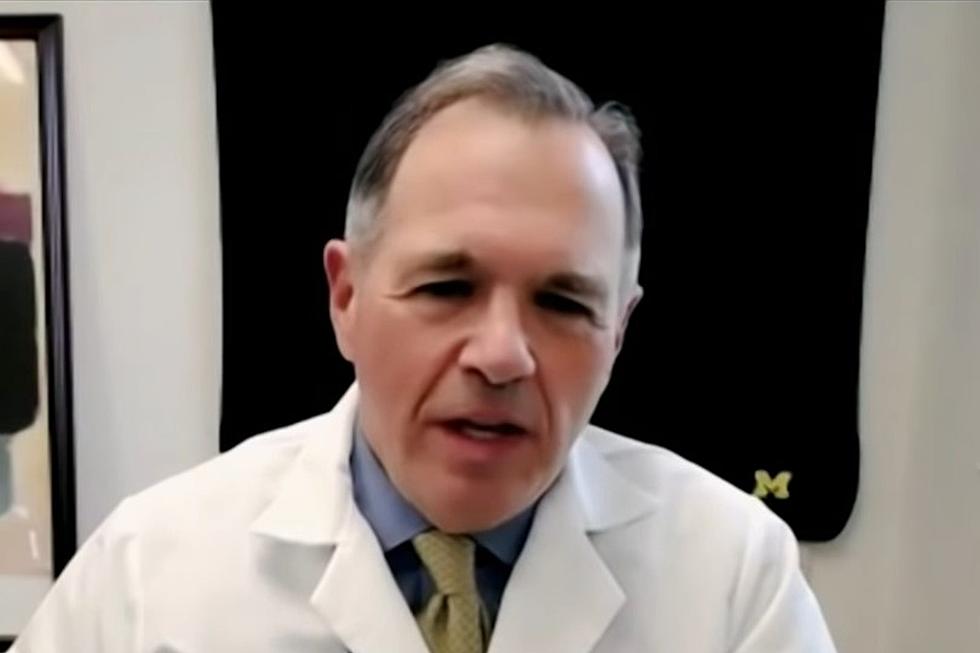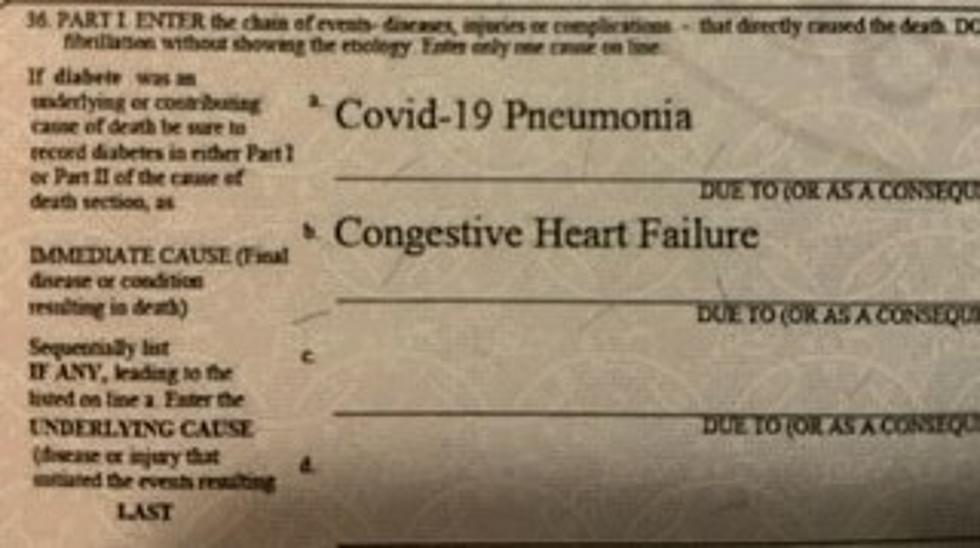
Michael Daugherty, How Realistic Is A Coronavirus Vaccine?
Vaccine will not change the world right away. Effective in as few as 50%? Drug Companies will be exempt form the liability claims.
Nearly $6 billion has been allocated. Clinical trials are entering a crucial third phase, and Operation Warp Speed is getting closer to the goal of delivering 300 million doses of a COVID-19 vaccine by January.
But when Americans line up for their immunizations, the vaccine they receive might not be what they expect. The popular notion of a vaccine — a shot in the arm that prevents diseases such as measles, polio or shingles for years or a lifetime — may not apply.
Under recently released federal guidelines, a COVID-19 vaccine can be authorized for use if it is safe and proves effective in as few as 50% of those who receive it. And "effective" doesn't necessarily mean stopping people from getting sick from COVID-19. It means minimizing its most serious symptoms, experts say.
“We should anticipate the SARS-CoV-2 vaccine to be similar to the influenza vaccine,” said Dr. Kathleen Neuzil, director of the Center for Vaccine Development at the University of Maryland. “That vaccine may or may not keep people from being infected with the virus, but it does keep people out of the hospital and the ICU.”
Michael J. Daugherty, is the President of LabMD, an Atlanta-based clinical and anatomic medical laboratory as well as CEO of AnyLabTestNow in Virginia. LabMD specializes in analysis and diagnosis of blood, urine, and tissue specimens for cancers, micro-organisms and tumor markers. He has 20 years experience in diagnostic laboratory medicine. He is author of The Devil Inside the Beltway: The Shocking Expose of the US Government's Surveillance and Overreach Into Cybersecurity, Medicine and Small Business.
Listen to our conversation this morning with Mike Daugherty as we dive deeper into the conversation.
You can also catch us Live Monday through Friday from 6am to 9am Eastern or visit our website at www.stevegruber.com.

More From 1240 WJIM AM









